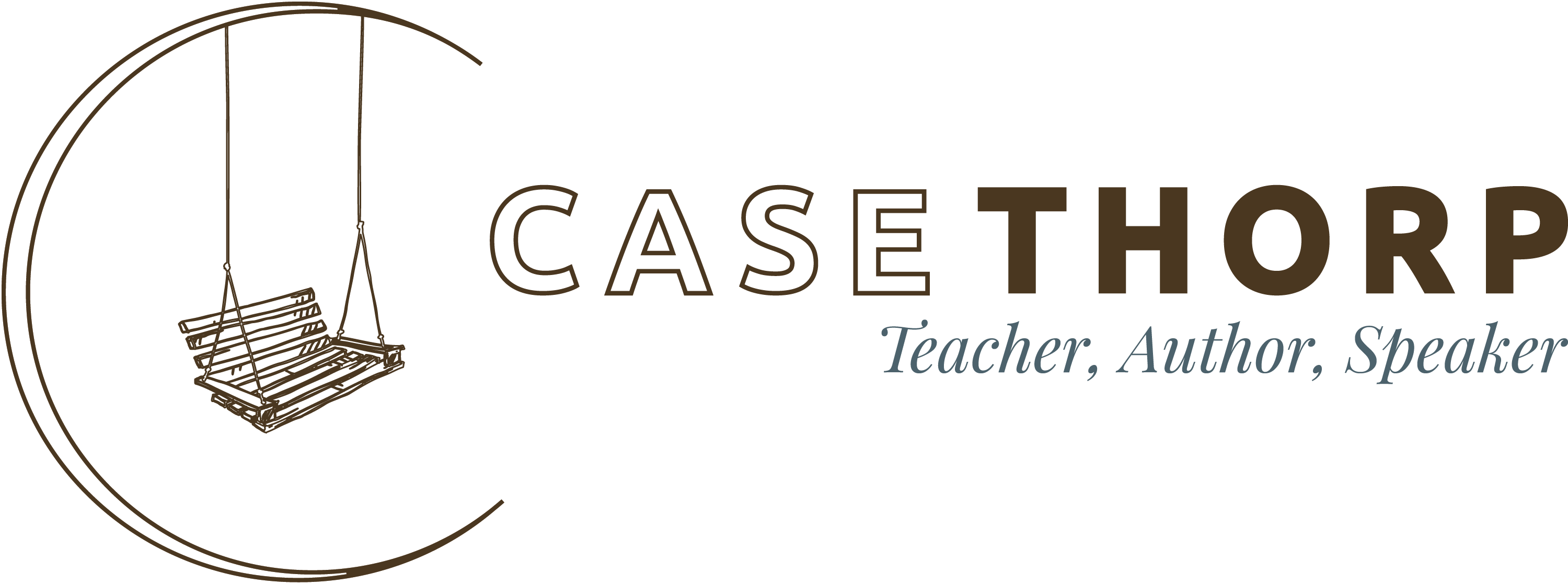I slept late the morning of 9/11. A caller on the phone alerted me to turn on the TV; supposedly a small twin engine plane had veered off course and crashed into one of the World Trade Center towers. Within minutes, I witnessed live on NBC’s Today Show as the second plane hit, this time a major jet liner. Matt Lauer oddly paused and said something to the effect that this was more than a twin engine plane.
All of our lives changed that day, and the events of 9/11 will mark a generation. As a Christian I have learned a great deal since then that I never expected to learn, and I think it has made me more effective in my call. I can’t possibly account for all I’ve learned, especially in terms of just war, global politics, and US diplomacy, but in terms of my faith and my role as a religious leader, three things stand out.
First, the theological differences between Christianity and Islam are fundamental and an attempt to meld them together as “Abrahamic faiths” with more in common than not is dishonest. Many in my own denomination, the Presbyterian Church (USA), attempt to do this under the guise of ecumenical dialogue, but more for the sake of changing Christian doctrines they find archaic or tired. This endeavor glosses over deep differences that undermine our religion’s uniqueness, doctrinal statements, historical witness, sacred texts, and convicting worship and community service practices.
Alistair McGrath, noted Christian theologian, describes this as an “ever-present temptation to force them all into the same mold.” That temptation is driven by political correctness and an idealistic vision for a unity that is quite thin. It is appropriate to disagree, and to disagree passionately. Christianity and Islam have very different world views, understandings of the divine, creation, salvation, worship and more. I find it is a stronger witness to let truth stand, as our respective traditions interpret and proclaim it, wherever she stands and both people and time will determine the outcome.
Second, dialogue and understanding between our people are paramount. I confess that I did not know enough about Islam prior to 9-11. In addition to the large amount of information I’ve learned, I have sought out relationships with Muslims in order to hear a personal reflection on faith, rather than the description within books.
A class at our church studied the historic and current interaction of Christian mission in Muslim-majority countries. Part of that study included a review of the basics about the religion as well as a site visit to the Masjid Al-Haq, just a few blocks from our church in downtown Orlando. The Imam, his wife, and many of their congregation welcomed us for a meal and an evening of discussion about their faith. A few weeks later we had them to our church for a similar evening. As a leader in a Christian community I model a pattern of behavior that I hope leads to greater understanding. I am confident in our own theology and practice that to engage with another religious leader does not compromise their standing. Sadly, some within my own faith disagree. They avoid others that may challenge their convictions, and then miss the chance to witness for Christ as well as grow in their understanding of the world.
Finally, as a Christian I have a responsibility to help my American, Muslim neighbor feel safe and productive in my community. I was most struck when a Muslim friend, newly arrived from Turkey, commented that she would never take her car and venture outside of Orlando. She was afraid of being attacked at a gas station or restaurant by “Americans who lived outside large cities.” Another Muslim friend had warned her of this.
I was dumbfounded, having grown up outside a large American city in the suburbs. I knew that her fear was exaggerated. Yet, I realized her fear was very real to her and that when I travel abroad, I, too, am a bit weary of outlying parts. So, I explained that only in the rarest most extreme situations would she have cause to watch her surroundings. I tried to reassure her that while many Americans may look askance or disagree with her religion, there is a bedrock conviction of religious freedom in this country that is quite valued. Unfortunately, individuals like Gainesville pastor Terry Jones only undermined my coaching. Even still, I engage my friend as any other loving neighbor and try to redeem her understanding of the best our culture has to offer.
The world is a different place since 9-11. Never do we want tragedy to be visited upon us, but hopefully out of tragedy we will grow, evolve, and become better citizens of our community. I am, thankfully.
